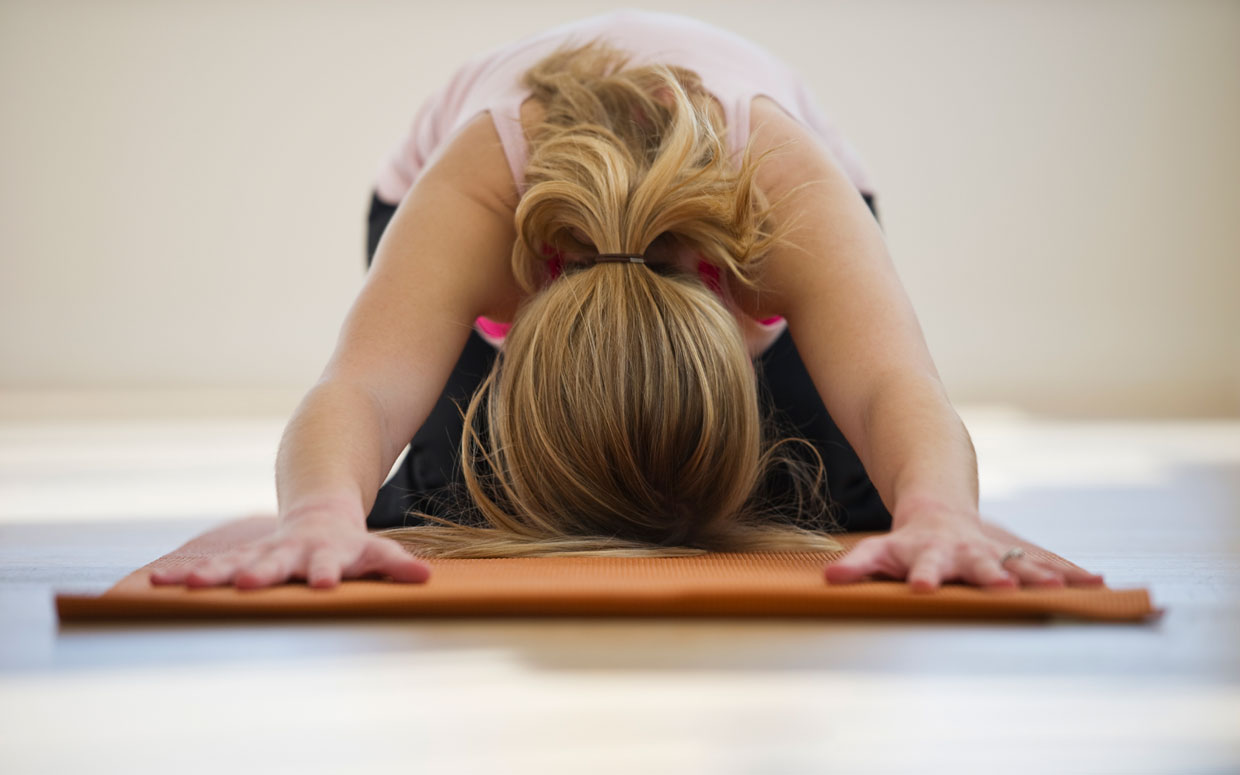Depression is one of the most common mental health issues facing adults in the United States. The illness significantly impacts one’s quality of life and can be frustratingly difficult to treat. Psychotherapy and antidepressant medications are helpful for some, but new research suggests that alternative interventions can also help reduce symptoms and improve mood.
Researchers at Boston University recently investigated whether yoga can reduce depressive symptoms, and how frequently yoga needs to be practiced in order to receive benefit. The researchers recruited adults diagnosed with Major Depressive Disorder and required them to participate in either two or three yoga classes per week. The yoga classes included instruction in deep breathing, and participants were also directed to practice at home. Results showed that depressive symptoms declined significantly in both groups over the course of the 12-week study.
These results show the benefits of yoga in treating depression and suggest that even infrequent, or twice weekly, practice can be helpful. The authors commented that, for individuals taking antidepressant medication, practicing yoga may provide additional symptom relief. In fact, antidepressants and yoga affect different areas of the brain. Antidepressants typically target the serotonin, dopamine and norepinephrine systems, while yoga impacts the parasympathetic system. Combining the two approaches, as well as psychotherapy as appropriate, can provide a more comprehensive treatment approach.
Individuals struggling with depression can talk with their mental health providers about incorporating yoga and breathing interventions into their treatment. If you are struggling with depression or other mental health concerns, the clinicians at Georgetown Psychology Associates are happy to discuss options for treatment. Visit our website or contact our office (301-652-5550) for further information.






